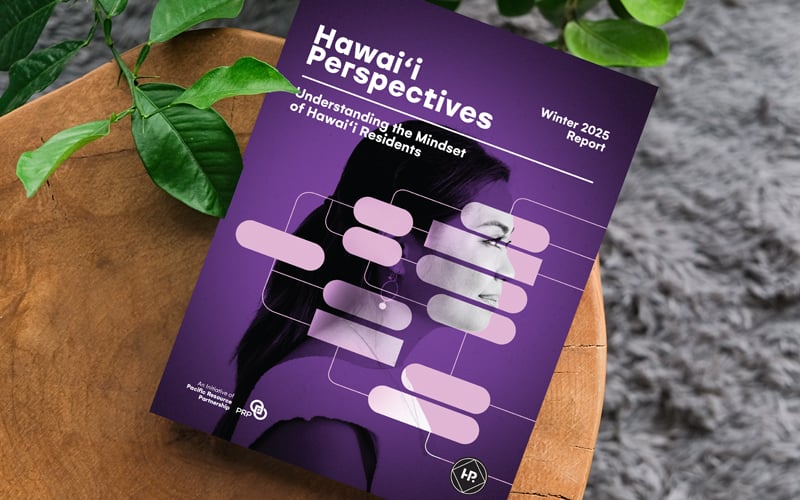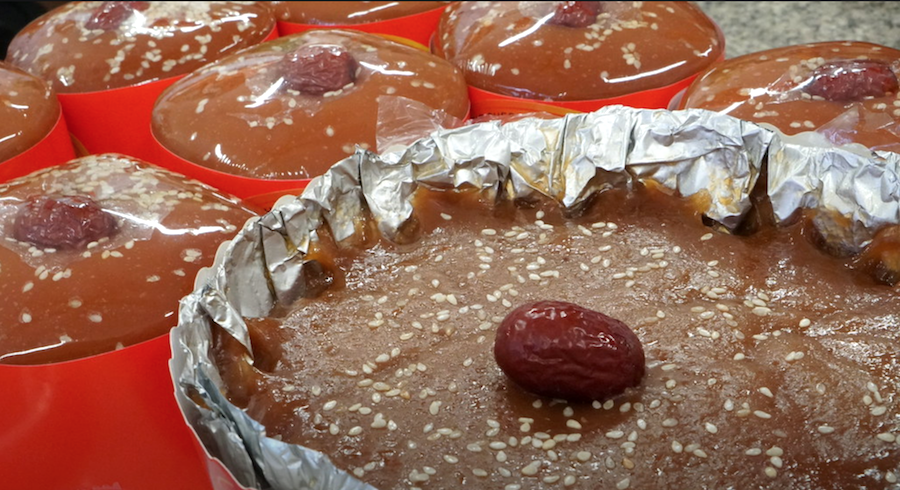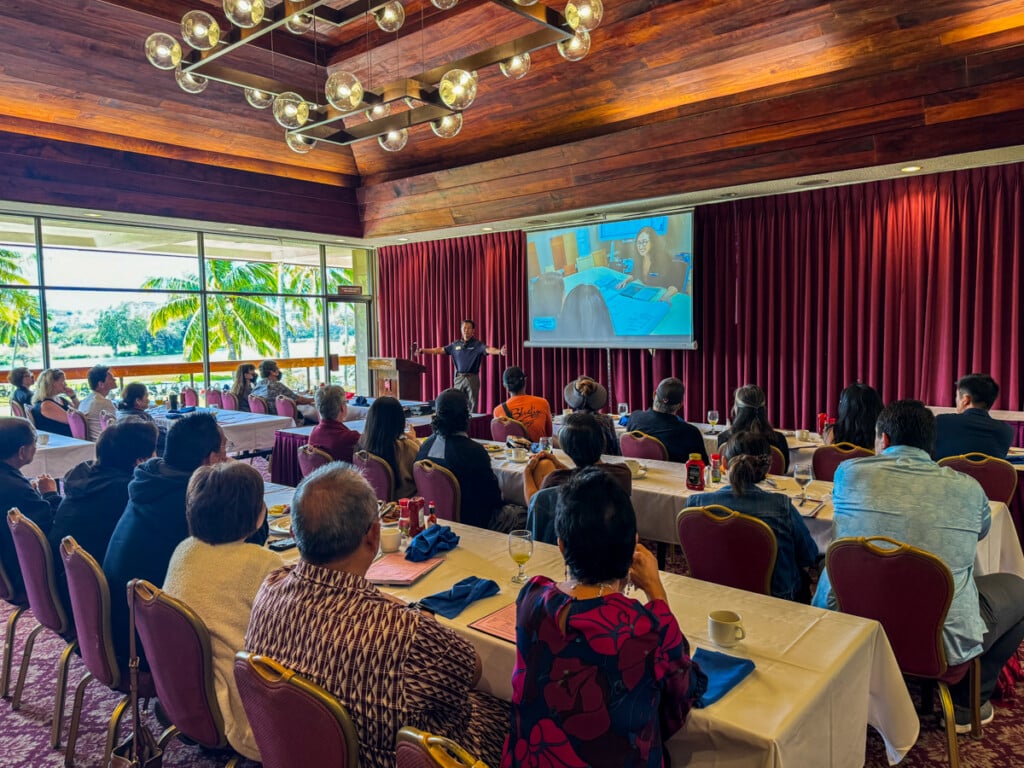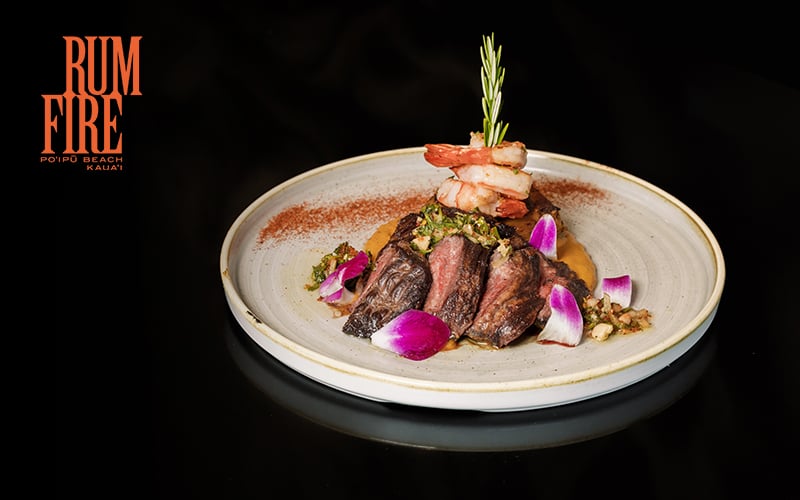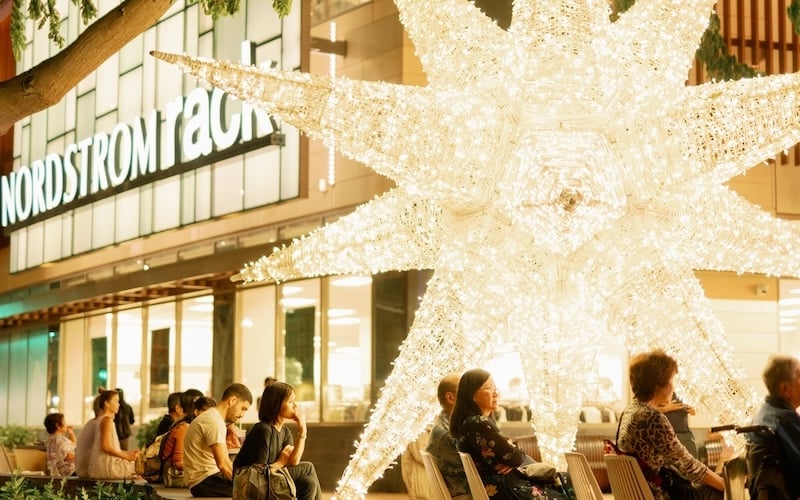Nonstop Movies: ‘Hara-Kiri: Death of a Samurai’
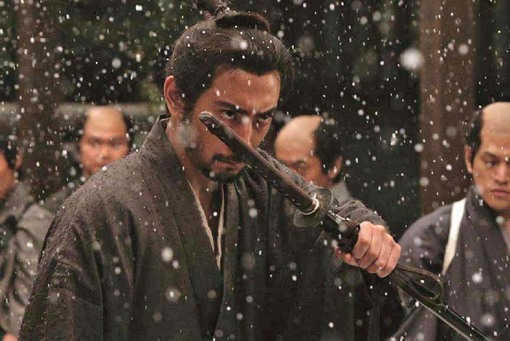
Sometimes visionary and often times controversial, director Takashi Miike is one of Japan’s more prolific and notorious directors, helming some of Japan’s most famous exports, including “Audition,” “Ichi the Killer” and last year’s critically acclaimed remake of “13 Assassins.”
Normally I would be drawn to the work of a maverick filmmaker, but I’ve never felt any emotional connection to Miike’s work. His films always came off as cold and indifferent, with more intent to shock than connect. He mellowed a bit with “13 Assassins,” but even that film had a bland and neutral tone that didn’t allow me to invest in any of the characters.
 With “Hara-Kiri: Death of a Samurai,” another remake, Miike continues to tell his stories in a deliberate and cold manner. Set in 17th century Japan during the Edo period, many noble samurai are out of work due to the peace in the country. Because of their position in society, they cannot go out and get menial work, so they’re forced to figure out how to make ends meet.
With “Hara-Kiri: Death of a Samurai,” another remake, Miike continues to tell his stories in a deliberate and cold manner. Set in 17th century Japan during the Edo period, many noble samurai are out of work due to the peace in the country. Because of their position in society, they cannot go out and get menial work, so they’re forced to figure out how to make ends meet.
Many look to garner money by bluffing to commit suicide (hara-kiri). Claiming to seek an honorable death in the courtyard of a noble house, they are actually hoping to be taken pity upon, given some money and then sent on their way. But when former warrior Hanshiro (Ebizo Ichikawa) attempts this at the House of Ii, he’s told a story of a young samurai who attempted the same ruse at that house. The head of the Ii house tells his story to warn Hanshiro of his potential fate, letting him know that he’s on to his trick. Hanshiro, however, has a story of his own to tell that may show who’s really in charge of the situation.
While the plot may sound intriguing, it’s executed in such a slow and obvious way that the supposed chess match between Hanshiro and the Ii house instead turns into a simple card game of war. You go, then I go. The better story wins. It’s quite clear from the very beginning where the story is going, so the audience is left waiting for the film to catch up. When it finally reaches its predictable climax, Miike could have rewarded the audience’s tolerance with an exciting finale, but the final battle is more ridiculous than riveting.
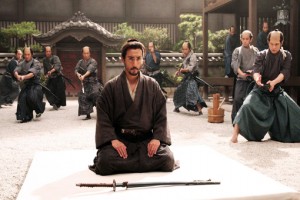 After watching a handful of Miike’s films now, I still have the same view of his work. Interesting, yet ultimately empty. With “13 Assassins” last year and now with “Hara-Kiri: Death of a Samurai,” he has toned down much of his visual pluck, but his storytelling has suffered. I’d rather he at least try to shock than continue to make boring films.
After watching a handful of Miike’s films now, I still have the same view of his work. Interesting, yet ultimately empty. With “13 Assassins” last year and now with “Hara-Kiri: Death of a Samurai,” he has toned down much of his visual pluck, but his storytelling has suffered. I’d rather he at least try to shock than continue to make boring films.
“Hara-Kiri: Death of a Samurai,” 128 minutes, opens today at the Consolidated Pearlridge 16 Theaters.

